Unlocking the Secrets of Earth’s Surface: A Deep Dive into “Simplified Geomorphology (Revised)” By Dr. Krishnanand

Understanding the Earth’s surface is like peeling back the layers of an ancient, dynamic story. Every mountain, valley, and coastline tells a tale of powerful forces that have shaped our world over millions of years. For anyone interested in exploring these stories, Dr. Krishnanand’s e-book, “Simplified Geomorphology (Revised),” is the perfect guide.
What is Geomorphology?
Geomorphology is the scientific study of the Earth’s surface and the processes that create and change landforms. From towering mountain ranges to meandering rivers, geomorphologists study how these features form and evolve over time. Whether it’s the slow erosion of a hillside or the sudden upheaval of a volcanic eruption, geomorphology seeks to understand the “how” and “why” behind these phenomena.
About the E-Book: Simplified Geomorphology (Revised)
Dr. Krishnanand’s “Simplified Geomorphology (Revised)” is a comprehensive yet accessible textbook designed for students, researchers, and geography enthusiasts. It takes readers on a journey through the various processes that shape our planet’s surface, breaking down complex concepts into easy-to-understand explanations.
The e-book is divided into well-structured chapters, each focusing on a different aspect of geomorphology, from the Earth’s internal structure to the evolution of its landforms. Let’s take a closer look at some of the key topics covered in this book.
Key Chapters and Concepts
- Internal Structure of the Earth (Chapter 1)
- This chapter serves as the foundation of the book, explaining the Earth’s layers: the crust, mantle, and core. Understanding these layers is crucial as they influence everything from plate tectonics to volcanic activity.
- Key Takeaway: The Earth’s interior is dynamic, driving many of the processes that shape the surface.
- Theories of Isostasy (Chapter 2)
- Isostasy is the balance between the Earth’s crust and the mantle beneath it. This chapter explains how this balance affects the formation of mountains and other large landforms.
- Quote: “The Earth’s crust floats on the mantle, much like icebergs float in water.”
- Plate Tectonics and Continental Drift (Chapters 3 & 4)
- The movement of tectonic plates is one of the most powerful forces shaping our planet. These chapters delve into the groundbreaking theories of continental drift and plate tectonics, explaining how they lead to the creation of mountains, earthquakes, and volcanoes.
- Key Takeaway: Plate tectonics is the driving force behind many of the Earth’s most dramatic geological events.
- Erosion and Weathering (Chapters 11 & 12)
- Erosion and weathering are the processes that break down rocks and minerals on the Earth’s surface. These chapters explain the different types of erosion (like wind and water erosion) and how they contribute to the shaping of landforms.
- Bullet Points:
- Wind Erosion: Common in deserts, where strong winds sculpt sand dunes and other formations.
- Water Erosion: Rivers and streams carve out valleys and create deltas at their mouths.
- Ice Erosion: Glaciers erode mountains, leaving behind fjords and moraines.
- Volcanism and Earthquakes (Chapters 10 & 9)
- These chapters explore how volcanic activity and seismic events reshape the Earth. From the creation of new land through volcanic eruptions to the destruction caused by earthquakes, these processes are essential for understanding geomorphology.
- Quote: “Volcanoes and earthquakes are the Earth’s way of releasing stress, reshaping the surface in dramatic and often devastating ways.”
- Applied Geomorphology (Chapter 30)
- Geomorphology isn’t just about studying the Earth; it’s also about applying that knowledge to solve real-world problems. This chapter discusses how geomorphology can be used in urban planning, disaster management, and environmental conservation.
- Case Study: How understanding river geomorphology helps in flood management in regions like Bangladesh.
Why You Should Read This E-Book
“Simplified Geomorphology (Revised)” is more than just a textbook; it’s a gateway to understanding the natural world around us. Whether you’re a student looking to grasp the fundamentals of geography or an enthusiast eager to learn more about the Earth’s processes, this book offers valuable insights.
- Accessible Language: Dr. Krishnanand writes in a clear, straightforward style that makes complex concepts easy to understand.
- Comprehensive Coverage: The book covers a wide range of topics, making it a valuable resource for anyone interested in the field.
- Practical Applications: The inclusion of applied geomorphology shows how this science is relevant to everyday life, from city planning to disaster preparedness.
How This E-Book Can Benefit Different Readers
- Students: This e-book is an excellent study guide, providing detailed explanations that will help in exams and assignments.
- Researchers: For those conducting research in geography or earth sciences, the book offers a solid foundation and useful references.
- Enthusiasts: If you’re passionate about nature and the environment, “Simplified Geomorphology” will deepen your understanding of the world around you.
Table: Key Geomorphological Concepts Explained
| Concept | Description | Example |
|---|---|---|
| Isostasy | Balance between the Earth’s crust and the mantle | Mountain ranges balancing the crust |
| Plate Tectonics | Movement of large plates on the Earth’s surface | Formation of the Himalayas due to plate collision |
| Erosion | Breakdown and transport of materials on Earth’s surface | River valleys carved by flowing water |
| Vulcanism | Volcanic activity reshaping the Earth’s surface | Creation of new islands through volcanic eruptions |
| Mass Wasting | Downhill movement of soil and rock due to gravity | Landslides in hilly areas |
What Readers Are Saying
- “A must-read for geography students!” – Many students find the book incredibly helpful for understanding the basics of geomorphology.
- “Dr. Krishnanand makes complex ideas easy to grasp.” – Readers appreciate the author’s ability to simplify difficult concepts.
- “Perfect for self-study.” – Those studying on their own have found the book to be an excellent resource.
Conclusion
In a world where understanding the environment is more important than ever, “Simplified Geomorphology (Revised)” by Dr. Krishnanand stands out as a vital resource. Whether you’re looking to excel in your studies, conduct meaningful research, or simply satisfy your curiosity about the Earth, this e-book is your guide to the fascinating world of geomorphology.
Call to Action: Don’t miss the opportunity to explore the dynamics of our planet. Download “Simplified Geomorphology (Revised)” today and start your journey into the heart of Earth’s processes.
Frequently Asked Questions (FAQ)
- What is geomorphology? Geomorphology is the study of the Earth’s surface and the processes that shape it, such as erosion, weathering, and tectonic activity.
- Why is this e-book important? It provides a clear and detailed explanation of geomorphological processes, making it accessible to both students and enthusiasts.
- Who can benefit from reading this book? Students, researchers, and anyone interested in geography or Earth sciences will find this e-book valuable.
- What are some key topics covered in the book? The book covers a wide range of topics, including the Earth’s internal structure, plate tectonics, erosion, and applied geomorphology.
- How can I apply the knowledge from this e-book? Understanding geomorphology can help in fields like urban planning, disaster management, and environmental conservation.
Follow The Author On Facebook
Subscribe The Author On Youtube
Follow The Author On Instagram

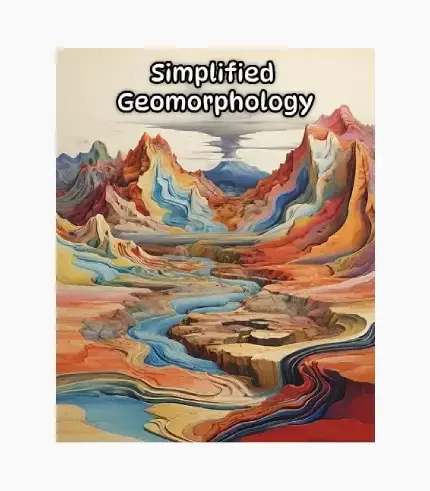
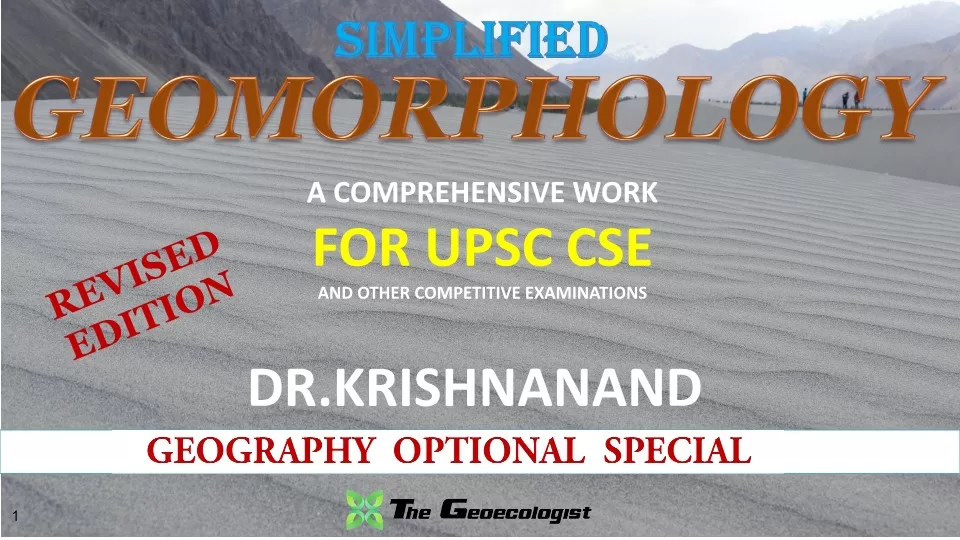
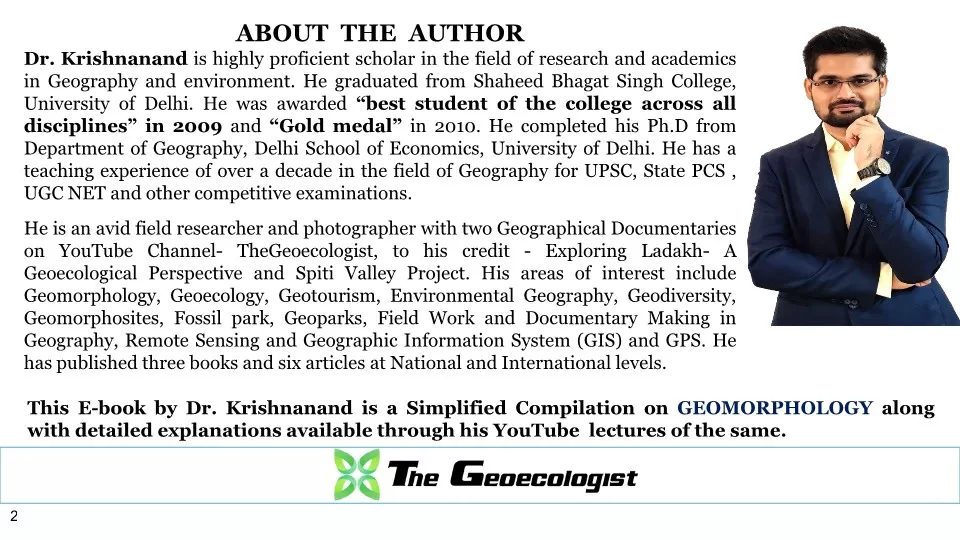
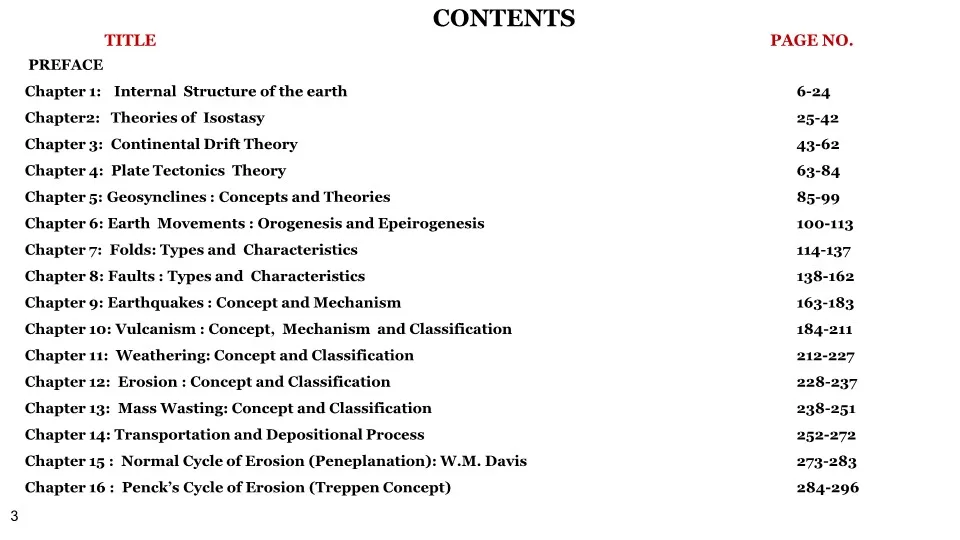
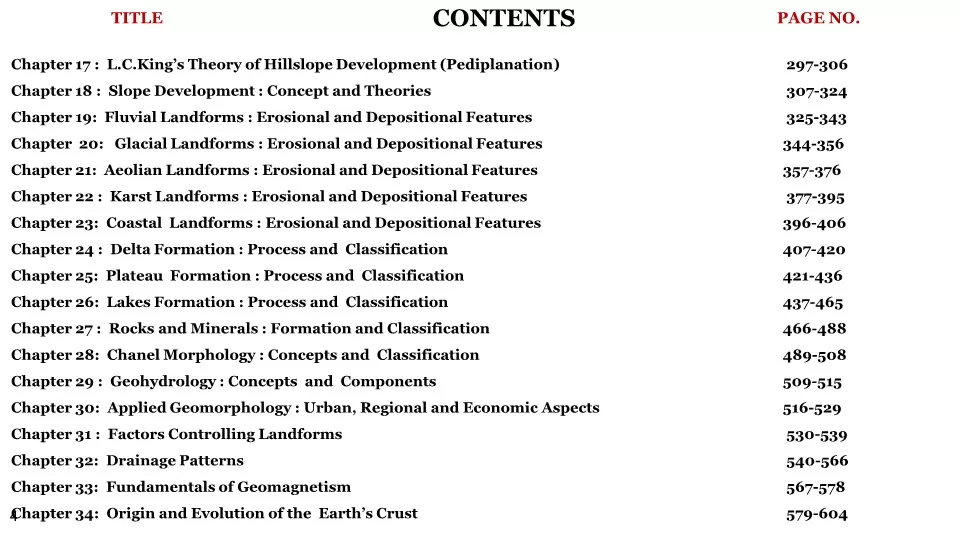
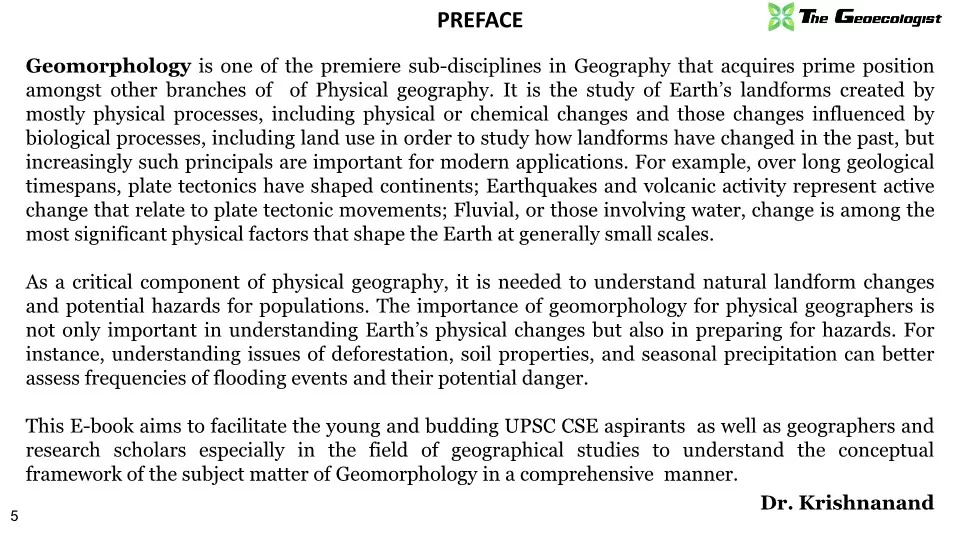
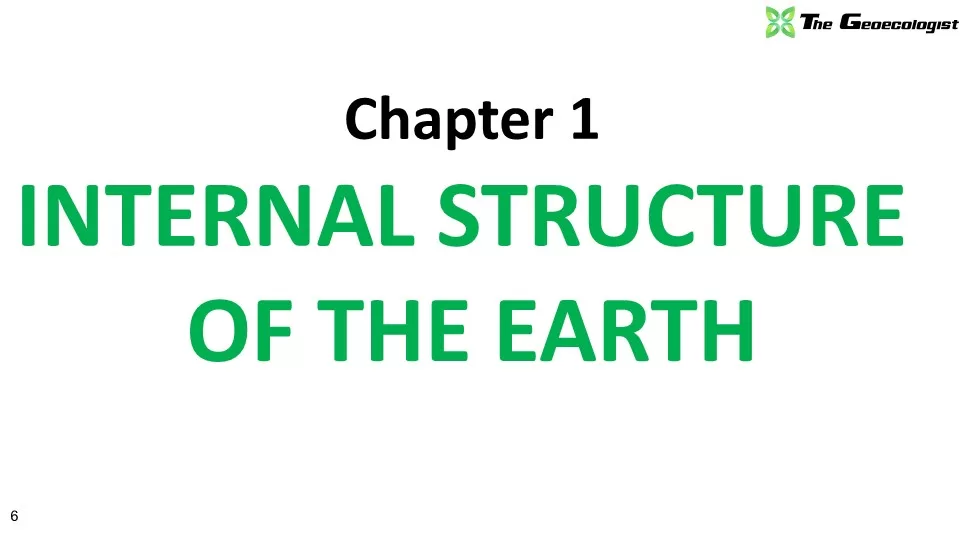
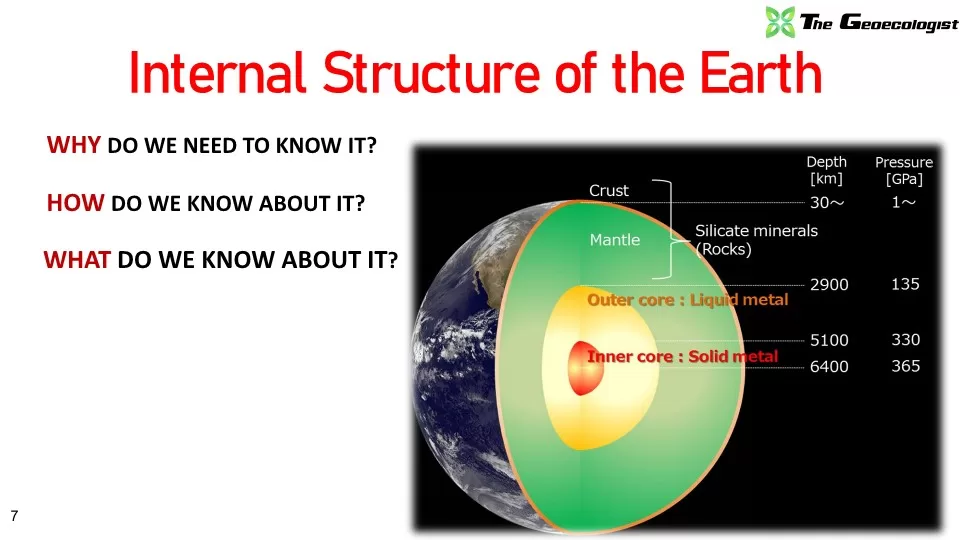
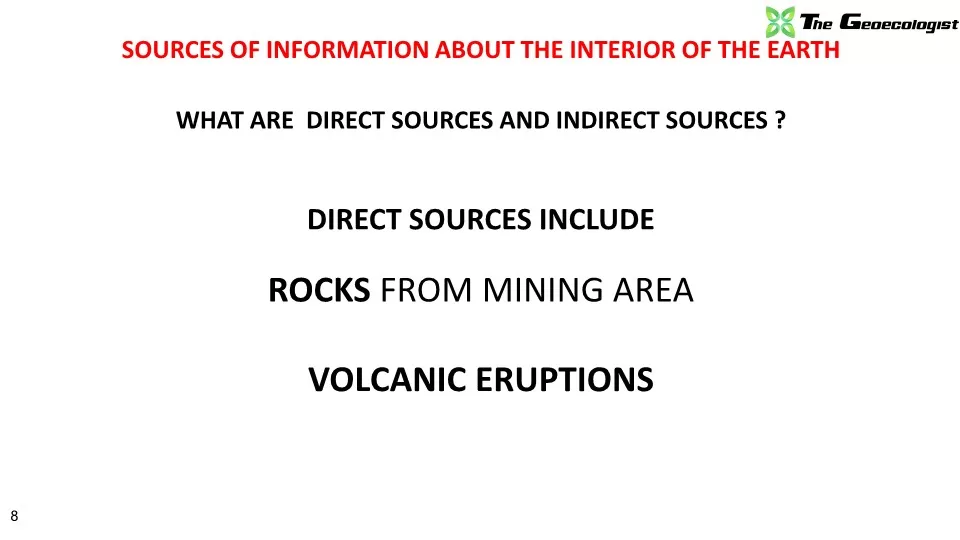
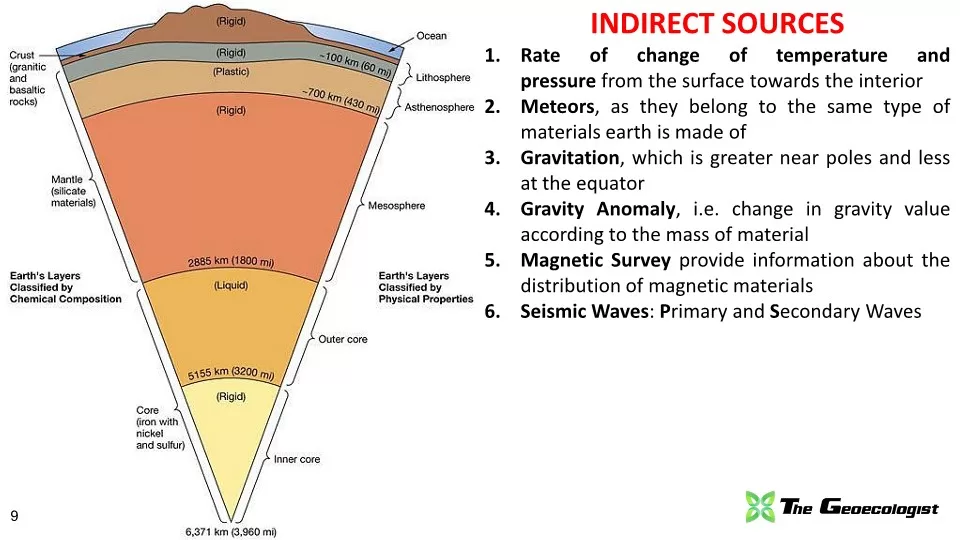
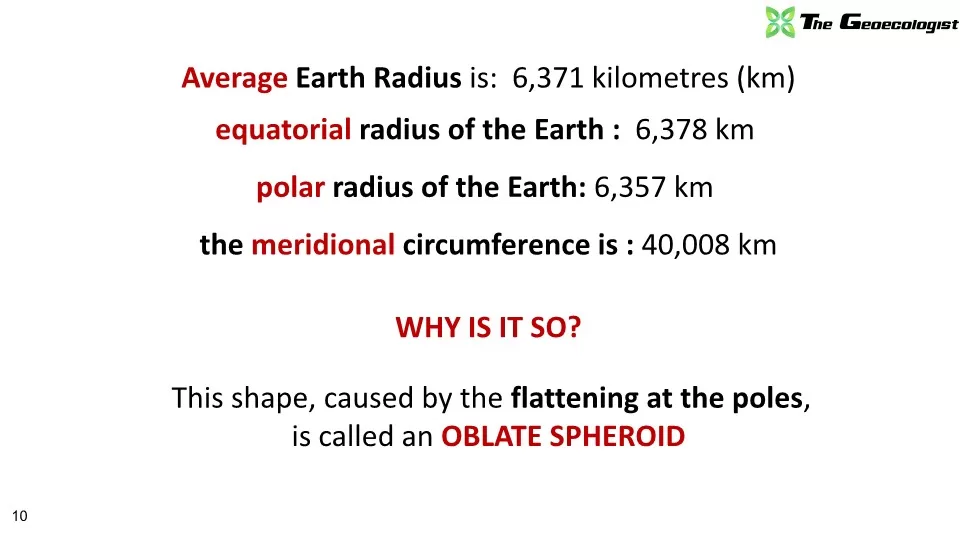
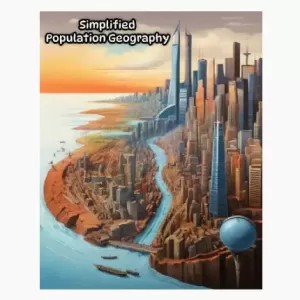
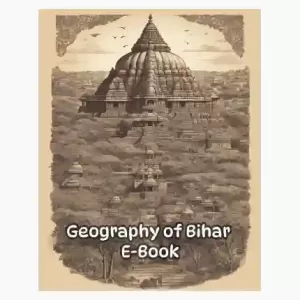
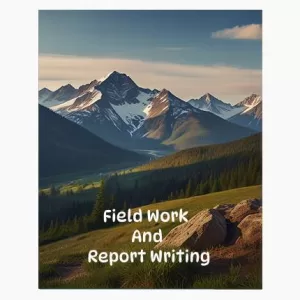
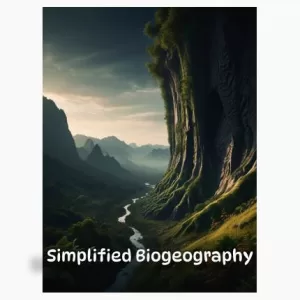
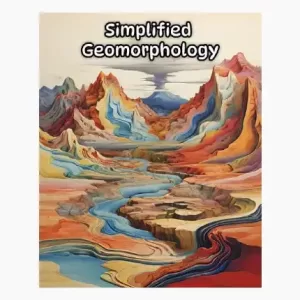
Reviews
There are no reviews yet.